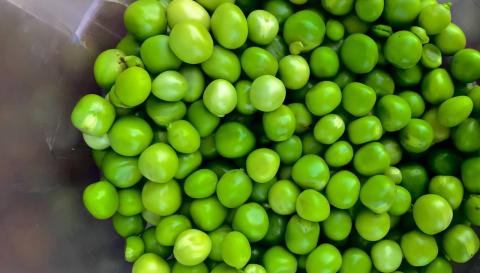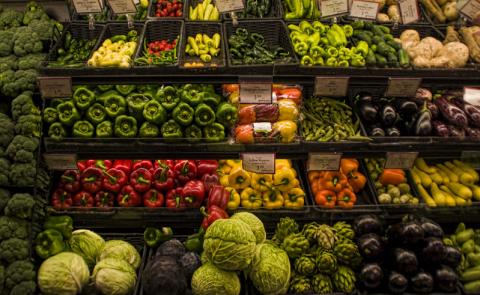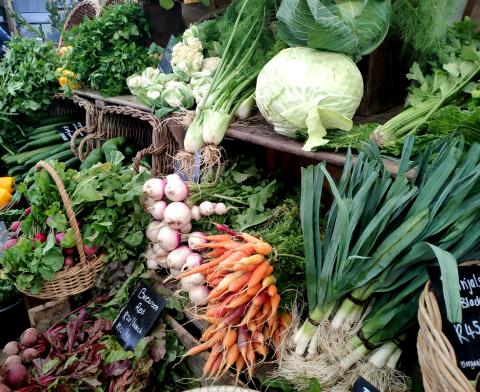13 January 2021
2021 is the International year of fruits and vegetables
The United Nation’s Food and Agriculture Organisation (FAO) officially launched the International Year of Fruit and Vegetables (IYFV) on 15 December 2020.
The United Nation’s General Assembly proclaimed 2021 as IYFV to raise awareness about the important role of fruits and vegetables in supporting human nutrition, food security and health, as well as in achieving the Sustainable Development Goal (SDGs). At the launch event the Director-General of the FAO, QU Dongyu, described the initiative as ‘a unique opportunity to raise global awareness.’
The objectives of IYFV 2021 are:
- Raising awareness of and directing policy attention to the nutrition and health benefits of fruit and vegetable consumption.
- Promoting diversified, balanced, and healthy diets and lifestyles through fruit and vegetable consumption.
- Reducing losses and waste of fruits and vegetables in food systems.
- Sharing best practices on promotion and consumption, improved sustainability, supply chains and capacity strengthening.
The IYFV 2021 background paper outlines the benefits of fruit and vegetable consumption and examines the various aspects of the sector from a food systems approach: from sustainable production and trade to loss and waste management.
Fruits and vegetables are crucial for the growth and development of children and a healthy diet. The World Health Organisation (WHO) recommends that an adult should consume a minimum of 400g of fruit and veg a day to prevent chronic diseases and counter micronutrient deficiencies.
Despite the tremendous benefits, in a message launching the IYFV campaign, Secretary-General António Guterres said that “we do not consume enough of them.” However, factors such as availability, affordability, lack of awareness and knowledge, can impact an individual’s consumption.
The UN chief also added, “as the COVID-19 pandemic continues to affect the health and livelihoods of people across the world, we must come together to ensure that nutritious food, including fruits and vegetables, reach the most vulnerable, leaving no one behind.”
The FAO background paper states that fruit and vegetables can cause a high level of food waste at every step of the value chain due to their perishability as a category, and highlights that the sector’s approach needs to go beyond nutritional benefits alone and also consider it’s the environmental, economic and social benefits of fruit and veg. Especially as up to 50% of fruit and vegetables produced in developing countries are lost in the supply chain between harvest and consumption. Reducing the amount of produce wasted can reduce greenhouse gas emissions and increase economic growth.
Peas Please will continue to celebrate, explore and advocate for all things veg in our reports and events as part of the year-long focus on fruit and veg.





